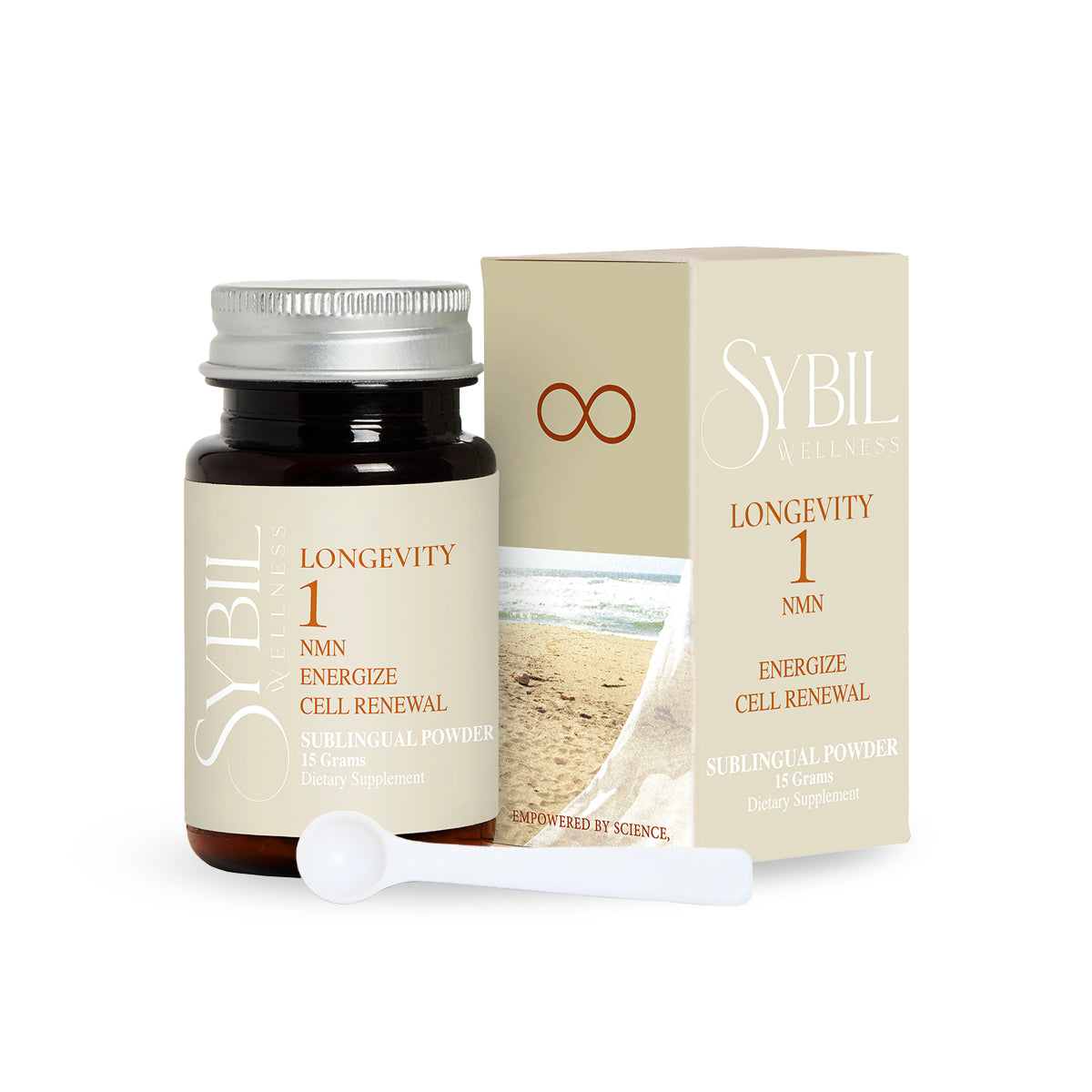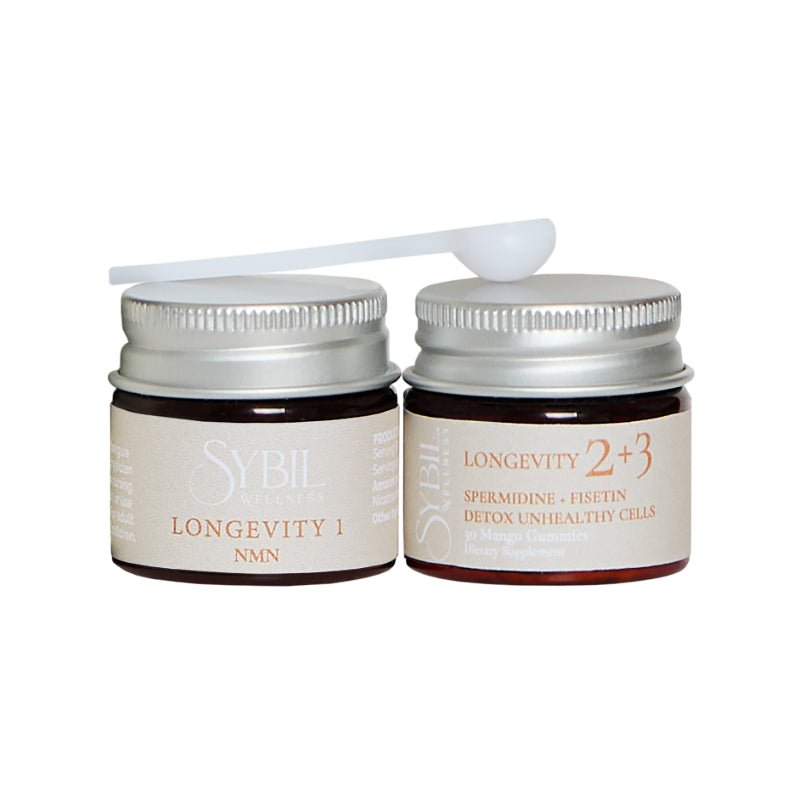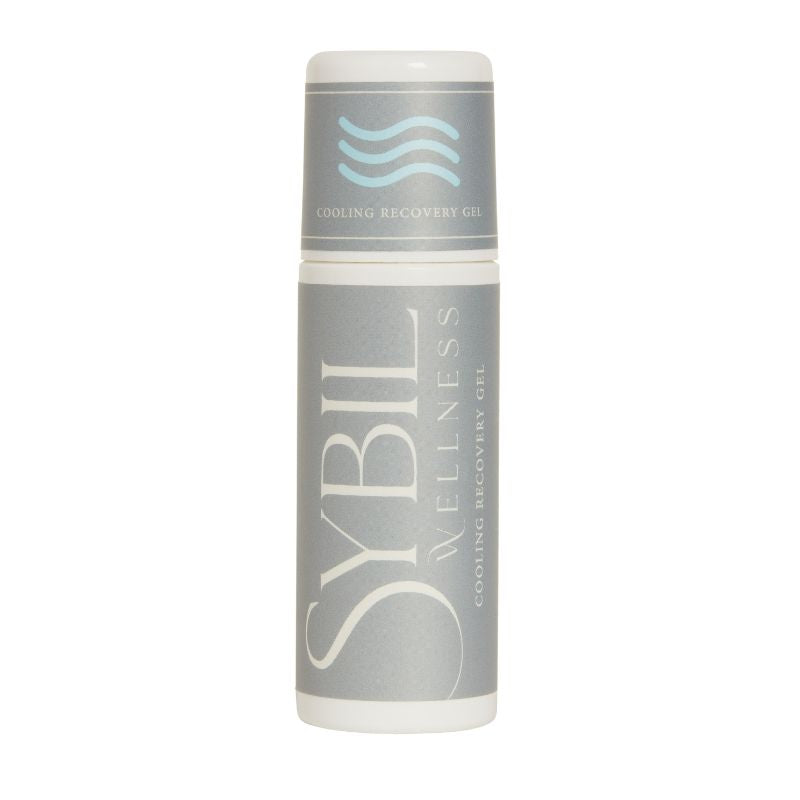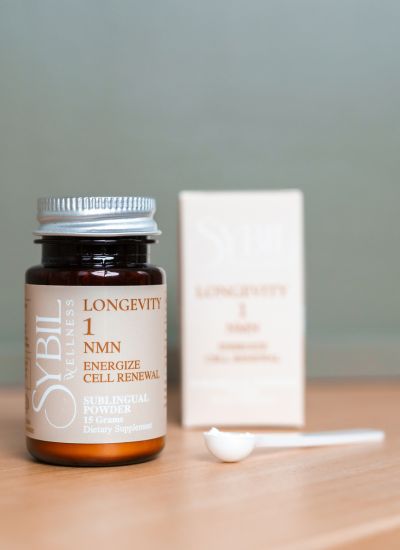What is NAD? The Unsung Hero of Cellular Health

If longevity, energy, and overall wellness are priorities for you, there’s one molecule you should know about: NAD (Nicotinamide Adenine Dinucleotide). It may not be a household name, but it plays a crucial role in your body—impacting everything from energy production to DNA repair.
The challenge? NAD levels decline as we age, leading to fatigue, brain fog, and accelerated aging. The good news? Scientific research has identified ways to restore NAD levels, potentially slowing the aging process, enhancing cognitive function, and boosting energy—all through smart supplementation and lifestyle choices.
Let’s explore what NAD is, why it’s essential, and how you can optimize your levels for better health.
What is NAD and Why is it Important?
NAD is a coenzyme found in every cell of your body, with critical functions in:
-
Energy Production – Your mitochondria (the powerhouses of your cells) rely on NAD to convert food into ATP, the fuel that keeps you alive and active.
-
DNA Repair – NAD helps fix damaged DNA, crucial for longevity and disease prevention.
-
Cognitive Function – It supports brain health by improving neuronal communication and protecting against cognitive decline.
-
Metabolic Health – NAD plays a role in nutrient sensing and metabolism, helping regulate blood sugar and fat storage.
-
Cellular Longevity & Defense – NAD activates enzymes called sirtuins, known for promoting healthy aging, reducing inflammation, and enhancing cellular resilience.
Without enough NAD, your cells struggle to function, leading to fatigue, slow recovery, increased inflammation, and accelerated aging.
Why Do NAD Levels Decline with Age?
Starting around age 30, NAD levels begin to drop. By your 40s and 50s, your body produces significantly less, and by age 60, NAD levels can be half of what they were in your youth.
Several factors contribute to this decline:
-
Aging – The natural aging process reduces NAD production and increases its consumption.
-
Poor Diet & Inactive Lifestyle – Processed foods and lack of exercise accelerate NAD depletion.
-
Chronic Stress – Stress-induced inflammation drains NAD levels.
-
Toxin Exposure – Environmental toxins, alcohol, and poor sleep habits further deplete NAD stores.
Since NAD is essential for energy production, DNA repair, and metabolism, low levels can lead to fatigue, cognitive decline, and increased risk of chronic diseases like diabetes and neurodegeneration.
How to Naturally Restore NAD Levels
Fortunately, science has discovered ways to boost NAD levels and slow down the aging process. Here’s how:
1. Supplement with NMN (Nicotinamide Mononucleotide)
NMN is one of the most effective ways to naturally increase NAD levels. Research shows NMN supplementation can:
-
Increase cellular energy
-
Enhance brain function
-
Improve athletic performance
-
Slow down age-related decline
2. Intermittent Fasting & Caloric Restriction
Fasting stimulates NAD production by activating longevity-boosting enzymes like sirtuins.
3. Exercise Regularly
Both high-intensity interval training (HIIT) and resistance training help boost NAD levels and mitochondrial function.
4. Prioritize Sleep & Manage Stress
Good sleep hygiene and stress-reducing activities like meditation and breathwork can help prevent NAD depletion.
Why NAD Optimization is the Future of Longevity
Today, leading researchers and biohackers are prioritizing NAD restoration as a key strategy for longevity and disease prevention. Optimizing NAD isn’t just about feeling better today—it’s about ensuring a healthier, stronger future.
If your goal is to increase energy, slow down aging, and support your body’s natural repair mechanisms, then boosting your NAD levels should be a top priority.
What’s Next?
In our next blog, we’ll dive deeper into NMN supplementation—how it works and why it’s the most effective way to restore your NAD levels for long-term vitality.
Ready to optimize your health? Start boosting your NAD today!
See: How NAD Keeps Your Cells Energized and Slows Down Aging
- Tags: Longevity NAD NMN Wellness Tips










